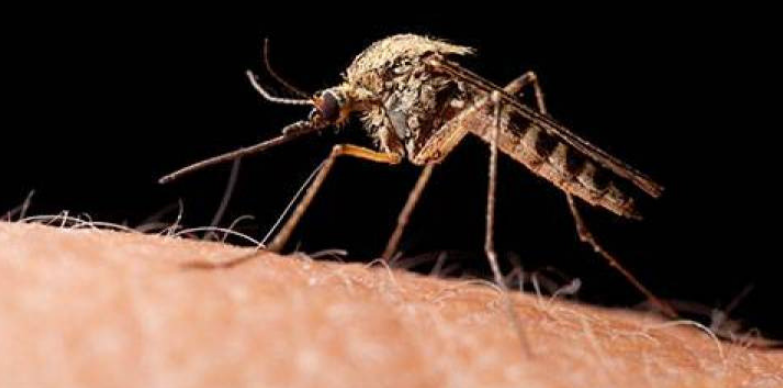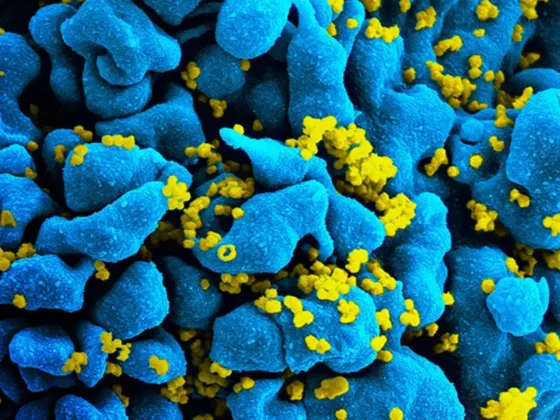After Nipah outbreak in 2018, Kerala seems to be facing another health challenge now. On reports of a seven year old boy from Malappuram District of Kerala suffering from a West Nile Virus (WNV), the Union Health Ministry has sent a disease surveillance team to investigate the case and has directed all support to be extended to assist the state in its prevention and management.
The health ministry says in a statement issued on Thursday that West Nile Fever is a mosquito-borne disease, mostly reported in the continental United State. The Ministry adds that there are no reports available so far for spread of this virus in other parts of the country; however, it has alerted the Indian Council of Medical Research (ICMR). So, there seems no reason to be panic about this fever, but it is always wise to be well informed. Centres for Disease Control and Prevention (CDC), a leading public health institute of the United States gives clear insights into the causes, symptoms, treatment, prevention, and other aspects of the fever.
What is West Nile Fever?
It is fever caused by West Nile Virus (WNV). WNV is most commonly spread to people by the bite of an infected mosquito of Aedes family, same family that is responsible for spread of Dengue and Zika virus. WNV does not spread through coughing, sneezing or touching.
Symptoms
Fortunately, most people infected with WNV do not feel sick. About one in 5 people who are infected develop a fever and other symptoms like headache, body aches, joint pains, vomiting, diarrhoea, or rash. About one out of 150 infected people develop a serious, sometimes fatal, illness. Serious symptoms include affecting the central nervous system. It may result in encephalitis (brain inflammation)
Risk Group
People over 60 years of age are at greater risk. People with certain medical conditions, such as cancer, diabetes, hypertension, kidney disease, and people who have received organ transplants are also at greater risk.
Treatment
There are no vaccines to prevent or medications to treat WNV in people. Doctors prescribe only medicines to relive some symptoms. In severe cases, patients often need to be hospitalized to receive supportive treatment.
Prevention
You can reduce your risk of WNV by using insect repellent and wearing long-sleeved shirts and long pants to prevent the mosquito bites.
The CDC accounting of the WNF shows that though the disease is manageable to some extent, but, precaution is very much advisable. Meanwhile, Union Minister of Health & Family Welfare J P Nadda is closely monitoring the situation and has spoken to the State Health Minister of Kerala in this regard.
The multi-disciplinary Central team dispatched to Kerala includes Dr. Ruchi Jain, RHO Trivandrum, Dr Suneet kaur, Assistant Director NCDC (National Centre for Disease Control), Dr E Rajendran, Entomologist, NCDC, Calicut and Dr Binoy Basu, EIS Officer, NCDC. The team will support the state health authorities in managing the disease.











